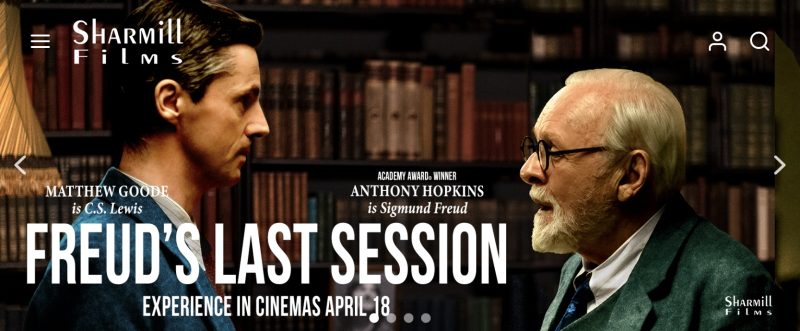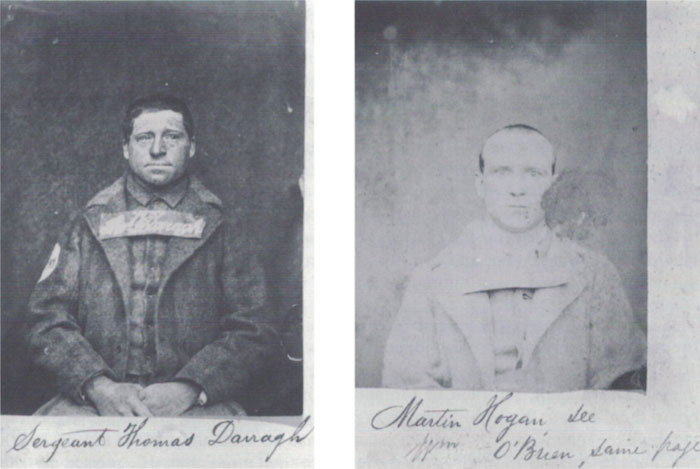I enjoyed this movie for much of the first half. Then, I don’t know, it sort of descended into the late night, thespian style debate about whether there is a god/God, especially of the Christian conception, that I recall engaging in some years ago when in my mid twenties.
Perhaps I should be encouraged younger folk are still being invited to engage in the debate and making movies about it. I must confess I found it all a little tiresome.
As I left the theatre after the showing, I was reminded the film is based on the play that was based on the book. For me, it all sort of showed.
You know Freud, because who doesn’t? We all fear making the Freudian Slip – the verbal mistake we make that is apparently linked to our unconscious mind and which supposedly reveals our secret thoughts and feelings and ineptitudes all stemming from our experiences soon after we exited the womb.
CS Lewis – known to his friends as Jack – will be known to some by reason of his reputation as an Oxford Don and Christian apologist between the Wars, but perhaps more so because of his fantasy Narnia novels. (Although I have to confess, I’ve not read any of them.)
Given the film is titled Freud’s Last Session, I suppose I was expecting a greater account of Freud’s contribution of psychoanalysis to the world of psychology, psychiatry and medicine than the film offers.
But that’s not really the focus of the film, the play, the book – rather the premise of each is an imaginary meeting between two intellectually famous men living in England as WW2 broke out. They take the opportunity to meet and chat about life and death as the world appears to be going once again, just 20 years after The Great War, to hell in a hand basket; and precisely at the time one of them – Freud – is preparing for his own demise by his own hand (he is dying from a terrible jaw cancer). They could have chatted about anything, but the existence of god/God was the topic the novelist chose for them – not Freud’s contribution of psychoanalysis to the world of psychology, psychiatry and medicine.
Fair enough, and if you really want to learn more about Sigmund Freud, or Jack Lewis, you can find reservoirs of material elsewhere, starting with their Wikipedia entries!
However, it certainly would pay, if you are determined to see this film, to bone up on your Freud beforehand.
If, like me, you want to understand the psychoanalytic shortcomings of the film, as perceived by a Freud admirer, a good place to start is Hannah Zeavin’s review of the film.

Everyone loves Anthony Hopkins and he was very good playing the Freud role, as was the always likeable Matthew Goode playing Jack.
Freud’s daughter Anna, an influential child psychologist in the years following her father’s passing, is played by Liv Lisa Fries. You know there is a whole other story going on here about the father/daughter relationship, but you’ll have to do your own research to find out more.
RATING: 6/10, on the basis of fine performances from Hopkins and Goode.
OPENING: 18 April at a Luna cinema near you.
By Michael Barker, Editor, Fremantle Shipping News
~~~~~~~~~~~~~~~~~~~~~~~~~~~~~~~~~~~~~~~~
* If you’d like to COMMENT on this or any of our stories, don’t hesitate to email our Editor.
** WHILE YOU’RE HERE –
PLEASE HELP US TO GROW FREMANTLE SHIPPING NEWS
FSN is a reader-supported, volunteer-assisted online magazine all about Fremantle. Thanks for helping to keep FSN keeping on!
*** Don’t forget to SUBSCRIBE to receive your free copy of The Weekly Edition of the Shipping News each Friday!







